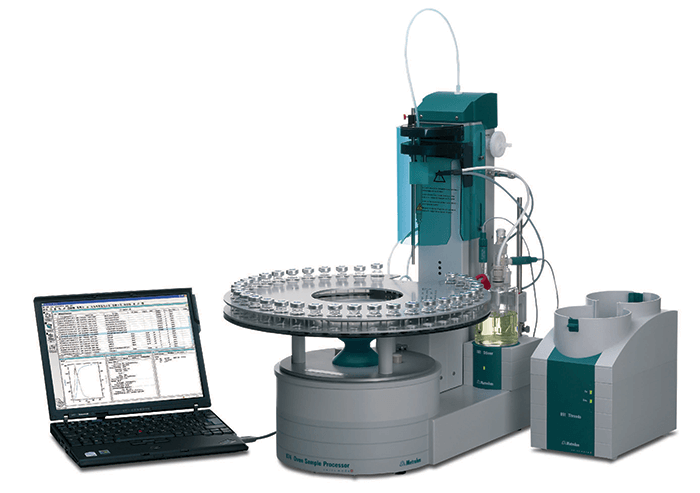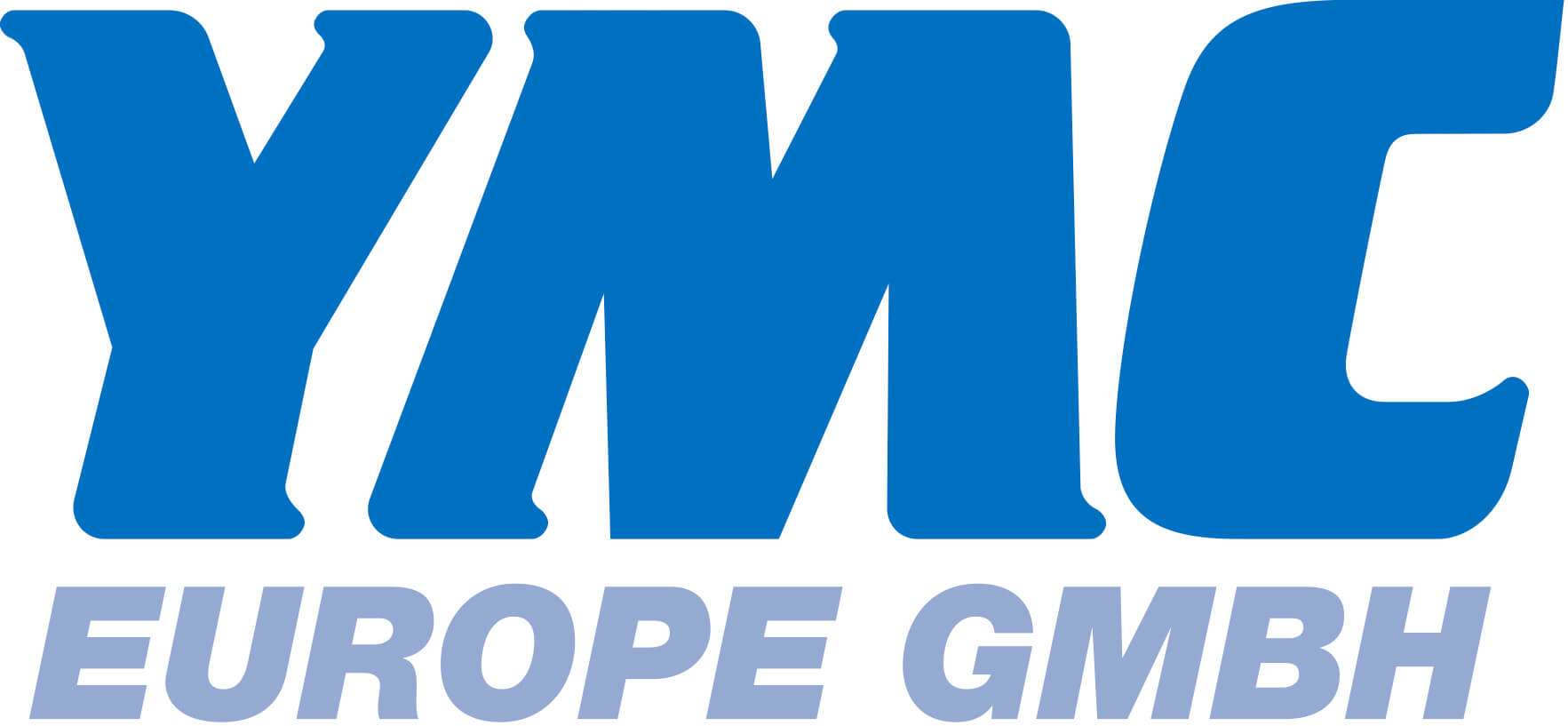Summary
The presence of excessive water in plastics adversely affects the performance of polymeric goods which is why water determination is of crucial importance. This article describes the accurate and straightforward determination of the water content using the Karl Fischer Oven Method in ten different plastic types that are not amenable to direct Karl Fischer titration.

The plastic sample being tested is heated in a hermetically sealed vial. The moisture liberated from the sample is transferred via a dry carrier gas stream into the titration cell where it is coulometrically titrated. For every plastic type, the optimum oven temperature was determined in a water release curve. This procedure ensures fast and quantitative water extraction in a reasonable time while excluding interfering decomposition reactions. Thermally stable polycarbonates, fiber-reinforced polyesters and acrylonitrile-butadiene-styrene (ABS) resins were heated up to 230 °C to extract water. Thermally less stable resins such as polyamides and PVC were only heated to 150 and 100 °C, respectively. The ten plastic samples investigated showed water contents between 360 and 2120 μg/g. The PVC powder had the lowest water content. However, after three weeks, water re-determination demonstrated a water uptake of 46%. When dealing with hygroscopic plastic samples, special attention should be given to the sample preparation procedure.

Introduction
The determination of the water content in plastic pellets is crucial, because it has a significant influence on the characteristics of the final product. Loss on drying (LOD) is a method commonly used to determine the water content. However, when using LOD, not only the water, but the total amount of volatile components released at higher temperatures is determined. Water determination according to Karl Fischer is an invaluable alternative to specifically determine the water content. Most plastics, as for example PET, are not soluble in solvents commonly used in Karl Fischer titration. Therefore, a direct titration is out of the question. With the 874 Oven Sample Processor, the sample does not need to be dissolved. In a sealed sample vial it is simply heated up to a previously determined temperature and the evaporated water transported to the Karl Fischer titration cell using a stream of dry carrier gas. This poster deals with the determination of the optimal oven temperature and the water content of different kinds of plastics. The experiments revealed that besides the determination of the oven temperature, sample preparation is one of the most important steps of the analysis, especially in case of hygroscopic plastic samples.
System setup
- 874 Oven Sample Processor
- 851 KF Coulometer
- 801 Stirrer





